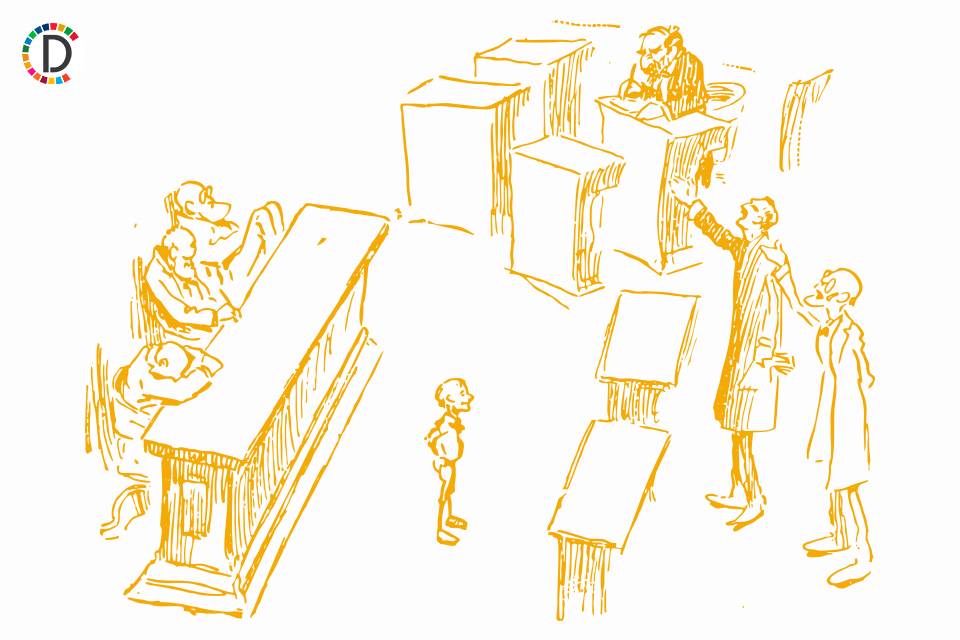US appeals court prevents California from banning guns in most public places
The 9th U.S. Circuit Court of Appeals dissolved an order by a different 9th Circuit panel from a week earlier that suspended an injunction issued by a judge who concluded the Democratic-led state's law violated the right of citizens to keep and bear arms under the U.S. Constitution's Second Amendment. Last week's order had temporarily stayed the injunction and allowed the law to take effect on Jan. 1.

A federal appeals court on Saturday allowed a judge's ruling that barred California from enforcing a new law that bans the carrying of guns in most public places on the grounds that it was unconstitutional to take effect. The 9th U.S. Circuit Court of Appeals dissolved an order by a different 9th Circuit panel from a week earlier that suspended an injunction issued by a judge who concluded the Democratic-led state's law violated the right of citizens to keep and bear arms under the U.S. Constitution's Second Amendment.
Last week's order had temporarily stayed the injunction and allowed the law to take effect on Jan. 1. Gun rights groups then asked the 9th Circuit to reconsider, and on Saturday a different panel of judges dissolved the order suspending the injunction. "So the politicians' ploy to get around the Second Amendment has been stopped for now," C.D. Michel, a lawyer for the gun rights groups, said in a statement.
California's appeal of the injunction will now be heard in April. The state's attorney general in court papers had argued "tens of millions of Californians will face a heightened risk of gun violence" if the law was blocked. "This dangerous decision puts the lives of Californians on the line," said Daniel Villaseñor, a spokesperson for Democratic Governor Gavin Newsom, who signed the measure into law in September.
The law was enacted after a landmark ruling in June 2022 by the conservative-majority U.S. Supreme Court that expanded gun rights nationwide. The Supreme Court in that case struck down New York's strict gun permit regime and declared for the first time that the right to keep and bear arms under the Second Amendment protects a person's right to carry a handgun in public for self-defense.
The ruling, New York State Rifle & Pistol Association v Bruen, also set out a new test to assess the constitutionality of gun laws by holding they must be "consistent with the nation's historical tradition of firearm regulation." California was among a group of states with similar laws as New York, and following the U.S. Supreme Court's decision moved to revamp its firearms regulations.
Under California's new law, people could not carry concealed guns in 26 categories of "sensitive places" including hospitals, playgrounds, stadiums, zoos and places of worship, regardless whether they had permits to carry concealed weapons. The law, Senate Bill 2, also barred people from having concealed guns at privately owned commercial establishments that are open to the public, unless the business's operator posts a sign allowing license holders to carry guns on their property.
U.S. District Judge Cormac Carney, an appointee of Republican former President George W. Bush, on Dec. 20 sided with permit holders and groups including the Firearms Policy Coalition, Second Amendment Foundation and Gun Owners of America in finding the law ran afoul of the Second Amendment.
(This story has not been edited by Devdiscourse staff and is auto-generated from a syndicated feed.)
- READ MORE ON:
- Bill 2
- Gavin Newsom
- The Supreme Court
- Second Amendment Foundation
- Second Amendment
- 9th U.S. Circuit Court of Appeals
- C.D. Michel
- Firearms Policy Coalition
- Gun Owners of America
- U.S. Supreme Court
- George W. Bush
- Democratic
- New York
- New York State Rifle & Pistol Association v Bruen
- U.S.
- California
- Senate
- Californians
- Daniel Villaseñor
- Republican
ALSO READ
Senate Republicans Forge Ahead with Ambitious Tax and Spending Plans Amidst Fierce Opposition
Republican Surge: Florida's Special Elections Bolster House Majority
Republicans Secure Florida Wins Amid Narrowing Margins: Trump's Endorsement Proves Key
Trump's Call to Republicans: Uphold National Emergency
Senate Showdown: Republicans on the Edge Over Trump's Tariff Policies










